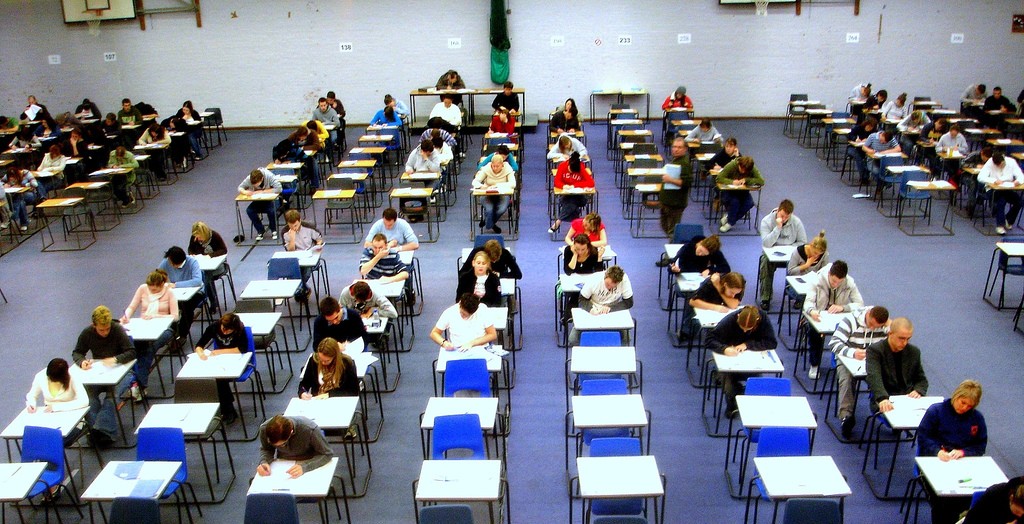Why we can’t solely rely on exams
Exam season is looming on the horizon, and it seems like we are all looking to moan about our course structure and how it could have been much better if we had designed it. Or at least that’s what I do. Being a first year, I’ve yet to experience the infamous university exam period. But having started panicking in term two, I can only imagine how second and third year students must be feeling about their exams, which actually count towards their final grade.
This system of 100% exam assessment may be teaching us a valuable lesson for our future careers: sometimes we only have to perform under pressure with only one chance at succeeding. Still, this only transmits the idea that mistakes are unacceptable despite them being an inseparable part in the process of learning.
In an ever more competitive job market, the pressure to do well in your degree is overwhelming, causing many students to suffer from mental health issues. The fact that a single exam, on a single day will greatly affect your overall degree does nothing to alleviate this stress.
This system of 100% exam assessment may be teaching us a valuable lesson for our future careers: sometimes we only have to perform under pressure with only one chance at succeeding.
Luckily, some modules allow students to choose their assessment methods – for example, second and third year Politics and International Studies students can choose whether their assessment is 100% exam or 50%/50% coursework and exams.
Giving students this option is important for two reasons: first of all, it means that the university acknowledges there are different kinds of learners, and that a single type of assessment cannot work for everyone. But more importantly, it empowers students and gives them some control over their higher education, which is supposed to be about independent decision making in the first place. This kind of empowerment can help us gain confidence; we will choose a mode of assessment we know we will do best on.
But more importantly, it empowers students and gives them some control over their higher education, which is supposed to be about independent decision making in the first place.
At university, we should be learning that success is a trajectory rather than just a point in space and time. Effort and dedication are important, and this is something that should be reflected in the structure of our courses through frequent assessed coursework that marks our progress over time and helps consolidate knowledge.
Obliging students to take an exam that accounts for 100% of their module mark fosters the idea that working hard over a relatively short period, and tailoring our efforts to a very specific form of assessment, is sufficient for success. However, in the workplace, few of us will be asked to work under exam conditions. This is where other kinds of assessment like presentations and applied projects, come into play, as they can help us gain useful transferable skills.
At university, we should be learning that success is a trajectory rather than just a point in space and time.
Then exam-only approach can easily lead to students judging themselves too harshly and never being satisfied with themselves and their accomplishments. University, being our first tiptoe into the wider world for most of us, should be helping us appreciate our work and forgive mistakes. By forcing many of us to sit make-or-break exams it seems to be achieving the exact opposite.

Comments